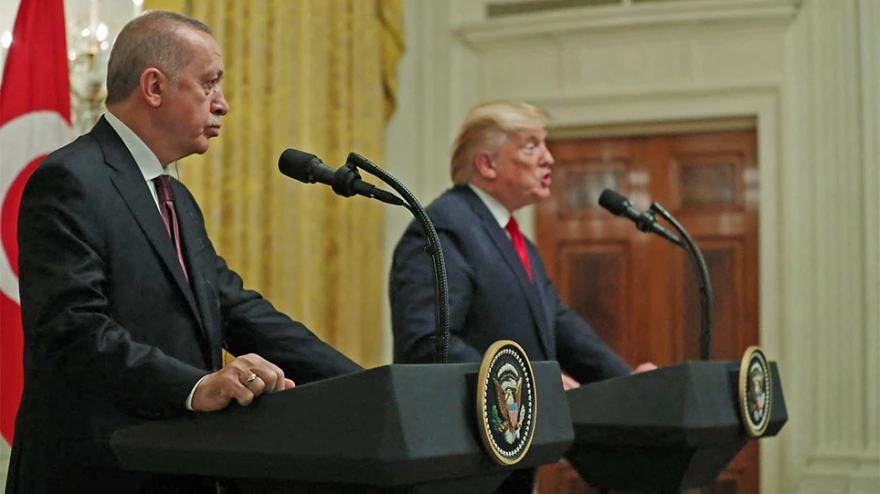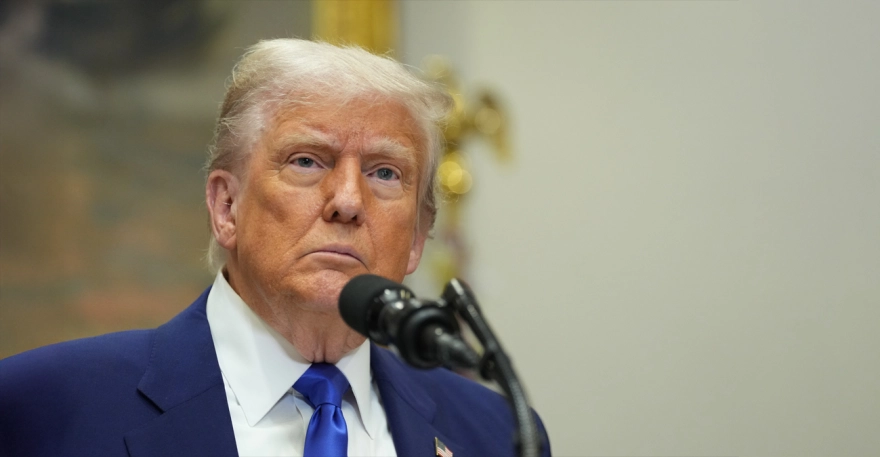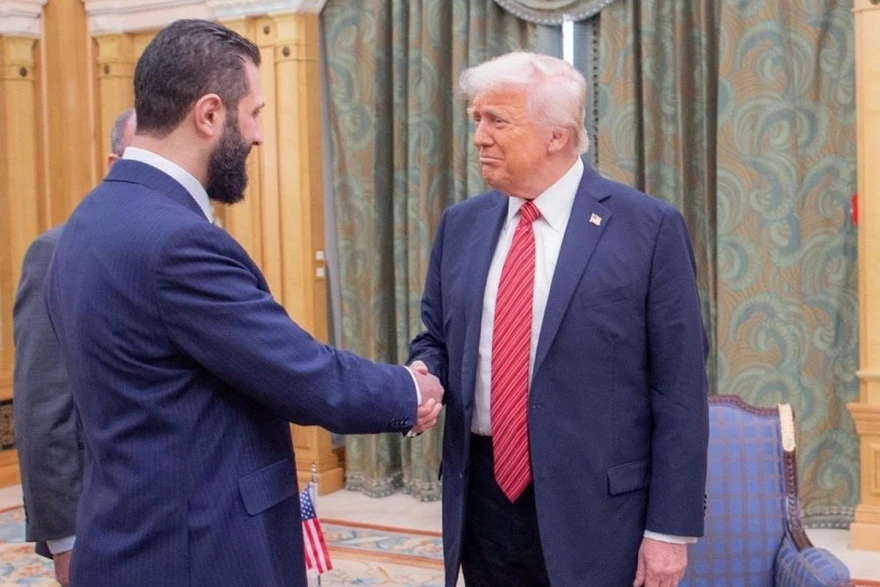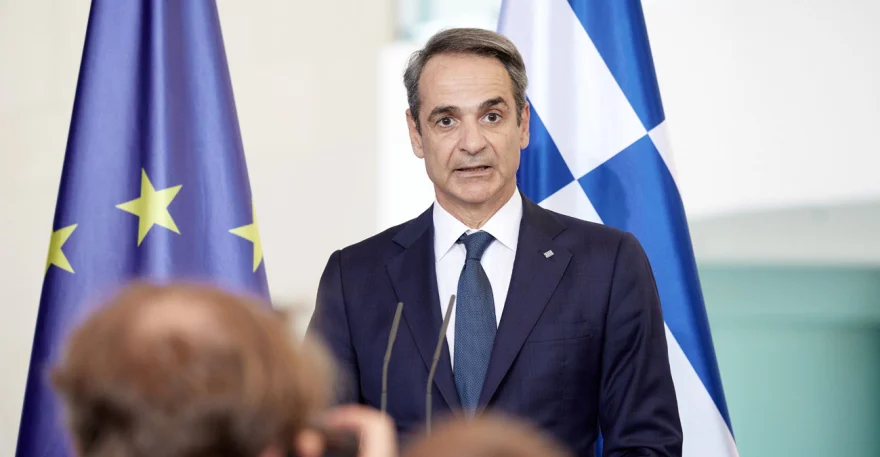Donald Trump’s recent re-emergence on the global stage is altering the geopolitical landscape in the Eastern Mediterranean and the Middle East. His trips to Gulf nations and indications of possible involvement in Ukraine have sparked a new diplomatic environment, enhancing Turkey’s significance, marginalizing Israel, and placing Greece in a tough spot. Trump’s foreign policy continues to be characterized by a transactional approach that prioritizes strategic partnerships based on mutual interests rather than historical alliances or democratic principles.

Turkey, led by President Recep Tayyip Erdoğan, is rising as a pivotal regional player, leveraging its strategic position and mediating role in the Russia-Ukraine conflict. By fostering connections with both Russia and the West, and emphasizing its domestic defense capabilities—particularly in drones—Turkey is asserting its autonomy while still benefiting from Western ties. Erdoğan’s once-criticized foreign policy is increasingly viewed as a stabilizing influence amidst regional volatility.

Trump seems to be pivoting away from traditional allies like Israel and toward emerging power centers in the Arab world and Turkey. On his Gulf visit, Arab nations committed to investments totaling $4.5 trillion, and Qatar presented him with an extravagant gift — a $400 million Boeing 747-8. Trump’s messaging promotes peace and prosperity through strong leadership and direct negotiations rather than through multilateral institutions. This marks a significant reassessment of U.S. support for Israel, especially considering the ongoing Gaza conflict and Netanyahu’s domestic challenges.
For Greece, these developments raise significant concerns. Athens now finds itself adjacent to a more assertive Turkey and a potentially diminished Israel. While tensions in the Aegean Sea have been somewhat managed, Turkey persists in urging Greece to retract its maritime and territorial claims, especially in the Eastern Mediterranean. Turkey’s closer relationships with Gulf nations and its attempts to re-enter major Western defense initiatives, like the F-35 program, further complicate Greece’s strategic landscape.
The regional energy initiatives involving Greece, Cyprus, and Israel — such as the Crete-Cyprus electricity interconnection — are also under strain. Turkey perceives these projects as exclusionary and provocative, despite their strategic and environmental significance to the EU. Additionally, the postponement of the Greece-Turkey High-Level Cooperation Council meeting reflects ongoing mistrust and unresolved issues, even amid a temporary easing of tensions.

Ultimately, Trump’s erratic diplomatic style, shaped more by personal dynamics and deals than by established international norms or alliances, positions Greece precariously. Erdoğan’s strategic decisiveness and role as a negotiator in various contexts could pose further challenges to Greek interests if the U.S. continues down a path of realpolitik. Athens must now navigate a rapidly evolving geopolitical environment where traditional values give way to transactional diplomacy, and the old certainties of Western alignment lose their potency.


















